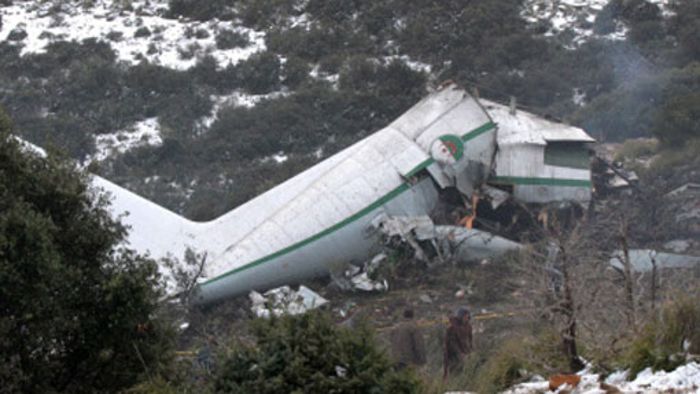Understanding the Current Situation in Algeria

The Current Affairs in Algeria
Algeria, a North African nation known for its rich history and vast natural resources, is currently at a crossroads. In 2023, the country is experiencing significant political and economic challenges that could define its future. With a population of approximately 44 million people and a significant youth demographic, Algeria’s stability is not only crucial for its internal affairs but also for regional peace and economic collaboration.
Political Landscape
The political environment in Algeria has been tumultuous since the 2019 protests, which led to the resignation of long-time President Abdelaziz Bouteflika. His successor, Abdelmadjid Tebboune, took office after a controversial election marred by boycotts and accusations of electoral fraud. As of 2023, President Tebboune’s governance is under scrutiny as he aims to address public discontent, primarily regarding corruption and the high unemployment rate.
In June 2023, Algeria held local elections with an aim to rebuild trust in the political process. However, low voter turnout reflected ongoing public apathy towards electoral politics, with many citizens feeling disenfranchised from a system they believe is unresponsive to their needs. Civil society remains active and vocal, advocating for more transparency and democratic reforms.
Economic Challenges
Economically, Algeria has been grappling with the decline in revenue from oil and gas, which account for over 90% of its total exports. The global energy market fluctuations have pressured the country’s economy, prompting the government to diversify its economic avenues. In 2023, Algeria commenced several initiatives aimed at revitalising its agricultural and manufacturing sectors, hoping to reduce dependency on hydrocarbons.
International Relations
On the international front, Algeria has positioned itself as a stabilising force in the Sahel region, combating terrorism and promoting dialogue among differing factions in neighbouring countries. Recent partnerships with the European Union highlight Algeria’s role in regional security and energy supply, with agreements aimed at strengthening bilateral cooperation against illegal immigration and terrorism.
Conclusion
The current situation in Algeria is reflective of a nation grappling with its identity in a rapidly changing world. The engagement of the youth, the outcomes of the electoral processes, and the economic reforms implemented will significantly influence Algeria’s trajectory. Moving forward, the focus on building a resilient economy and fostering political trust will be essential for the stability and progress of the nation. Observers remain cautious but hopeful as Algeria seeks to navigate its challenges and emerge stronger.









